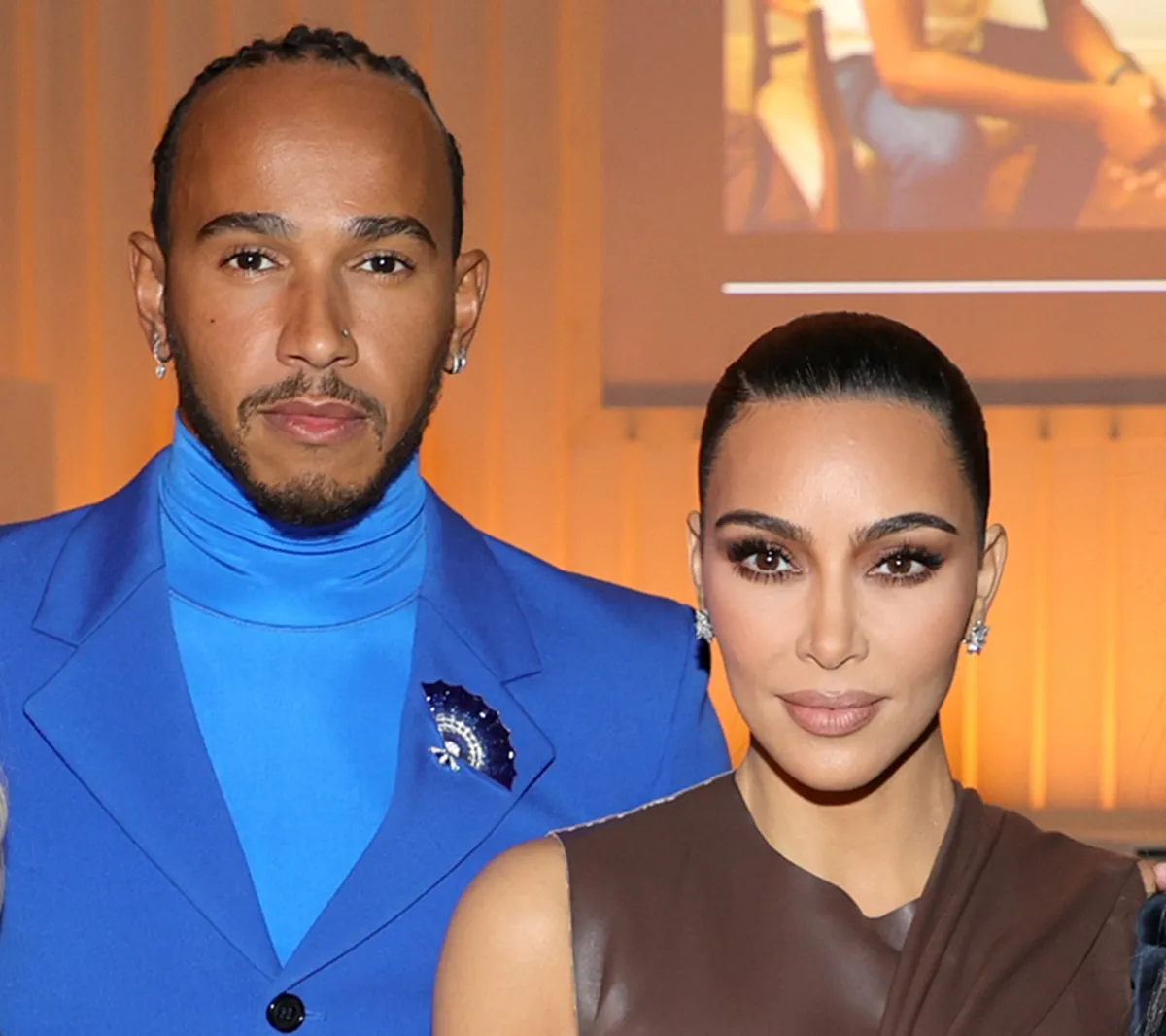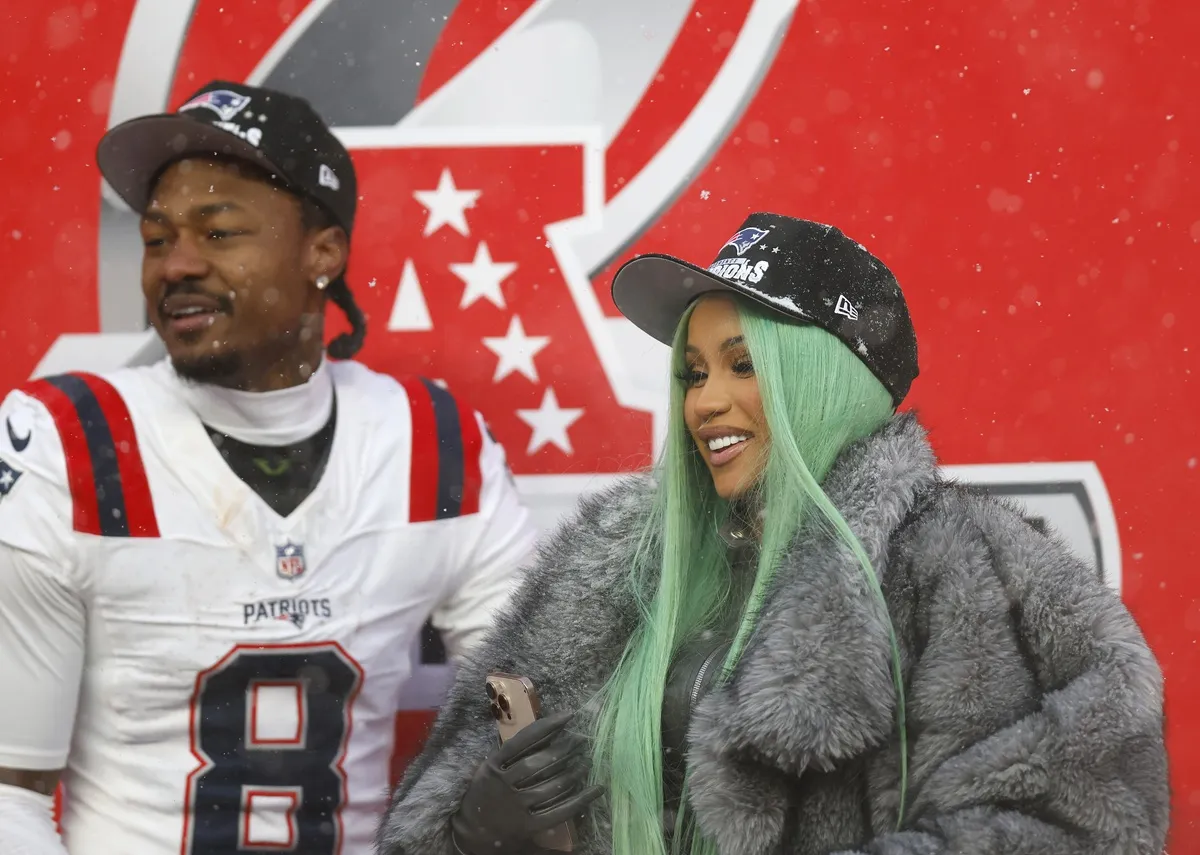Black Panther Story ‘Judas and the Black Messiah’ Not Quite Revolutionary — Sundance Review
Judas and the Black Messiah is a perfectly fine movie about Black Panther leader Fred Hampton. Given the underrepresented, socially significant subject matter, you’d hope for more than fine. But, plenty of other significant historical events get by with fine biopics so it’s better than nothing.
‘Judas and the Black Messiah’ is the Black Panther story
William O’Neal’s Eyes on the Prize interview in the late ’80s bookends the story of Judas and the Black Messiah. The FBI caught O’Neal (Lakeith Stanfield) impersonating an agent. They made him a deal to let him off the hook if he went undercover for them in the Black Panthers.
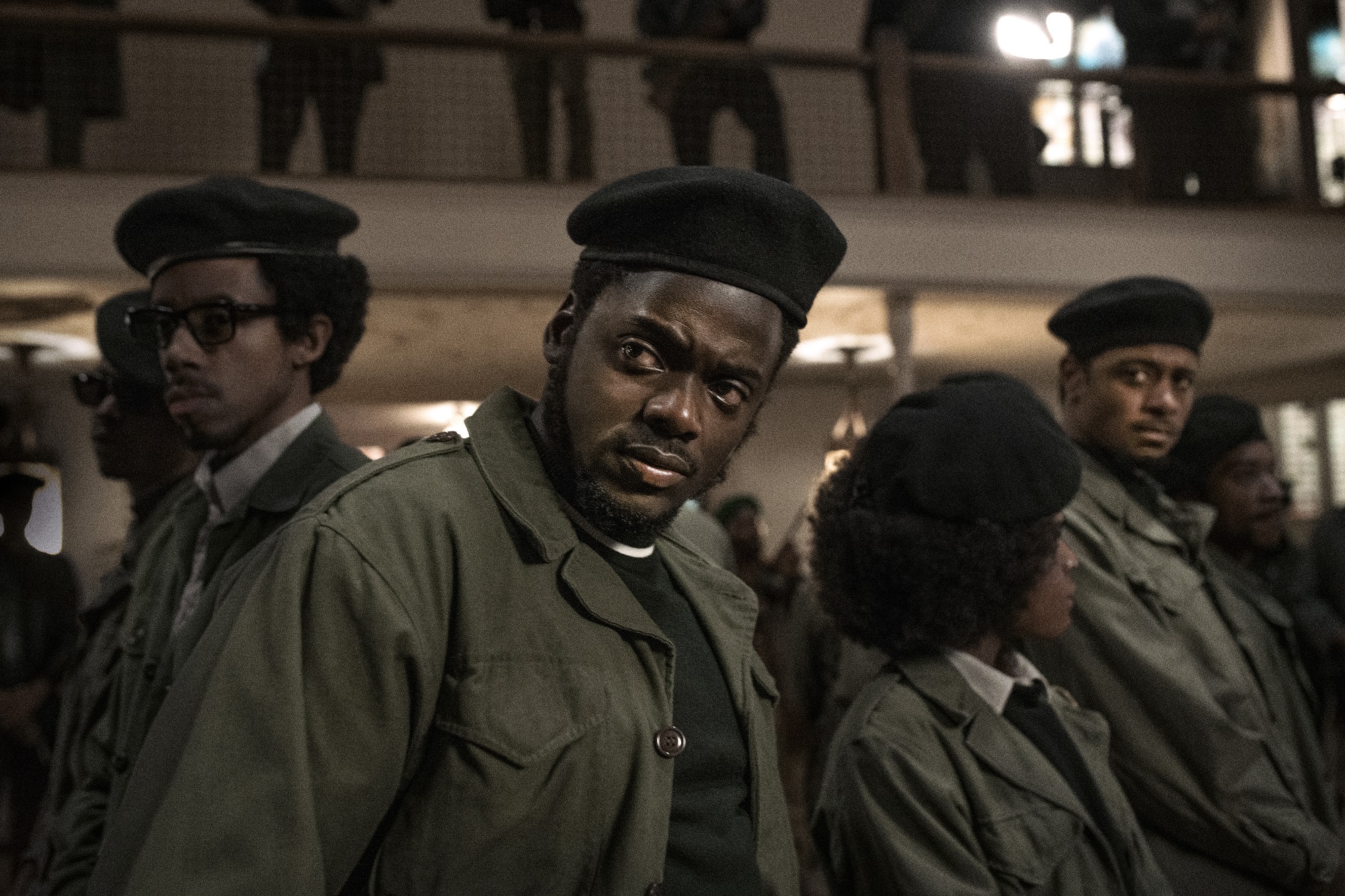
Fred Hampton (Daniel Kaluuyah) was leading the Illinois Black Panther party. He made peace with the Crowns while O’Neal was tipping the feds off so they could push back any progress Hampton made. The Panthers didn’t suspect O’Neal and even promoted him to security detail while Hampton was in prison.
How ‘Judas and the Black Messiah’ presents the Black Panthers
There are scenes that illustrate Hampton’s work. Particularly, with the Crowns, he points out how the FBI distributed literature to turn the Black Panthers and Crowns against each other. When he’s back from prison, he inspires his crowd. These are good individual scenes, but little more than obligatory signposts in the narrative.
J. Edgar Hoover (Martin Sheen) asks agent Roy Mitchell (Jesse Plemons) racist questions to show the forces against Civil Rights. There are a few violent standoffs between the authorities and Black Panthers. They convey enough of the danger posed by a battalion of armed police forcing activists to fight back.
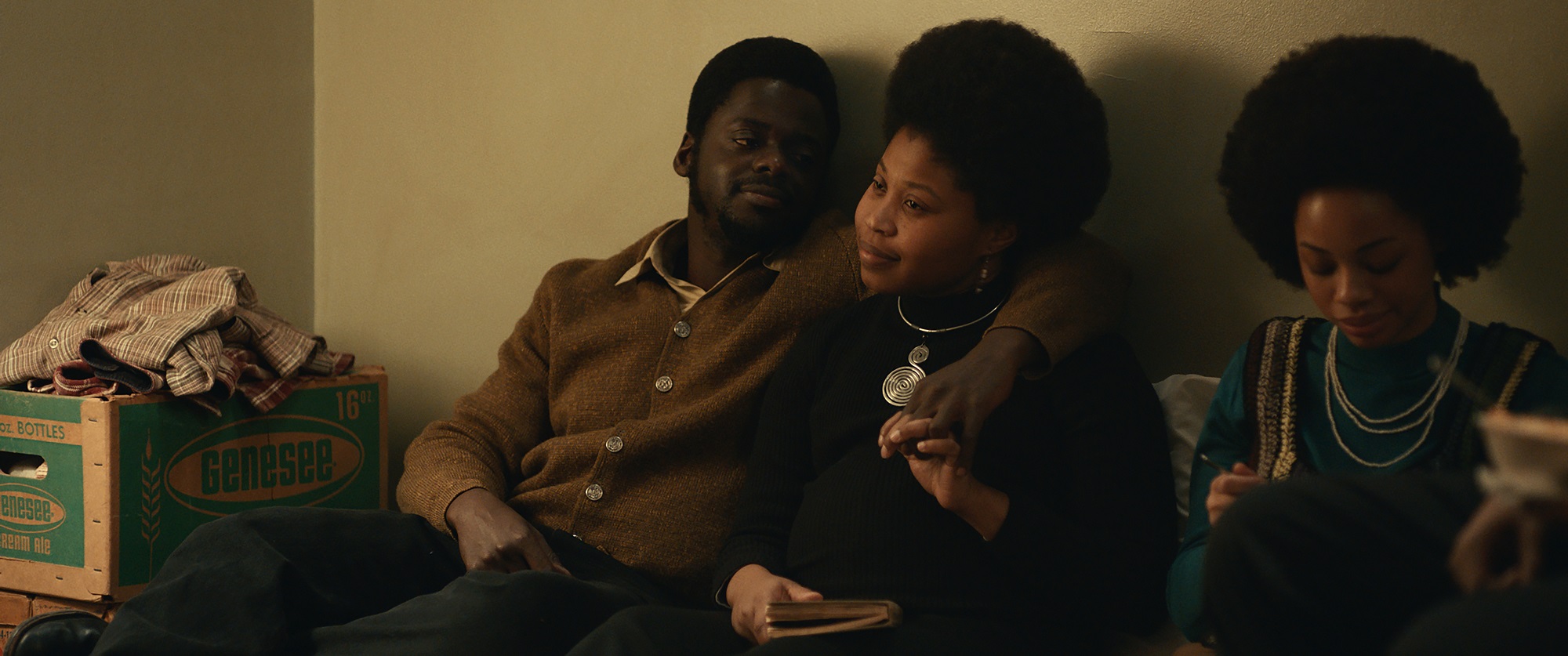
Hampton’s wife, Deborah Johnson (Dominique Fishback) represents a humanity at risk in the movement. She is pregnant and has to navigate the needs of her family with the needs of social justice, especially when the latter comes with violent risk.
The performances of ‘Judas and the Black Messiah’
Kaluuya performs powerful speeches. Whether they come from transcripts of Hampton’s Black Panther rallys or speculation in his voice, Kaluuya conveys the layers of Hampton. He can motivate a crowd, or relate to allies one on one.
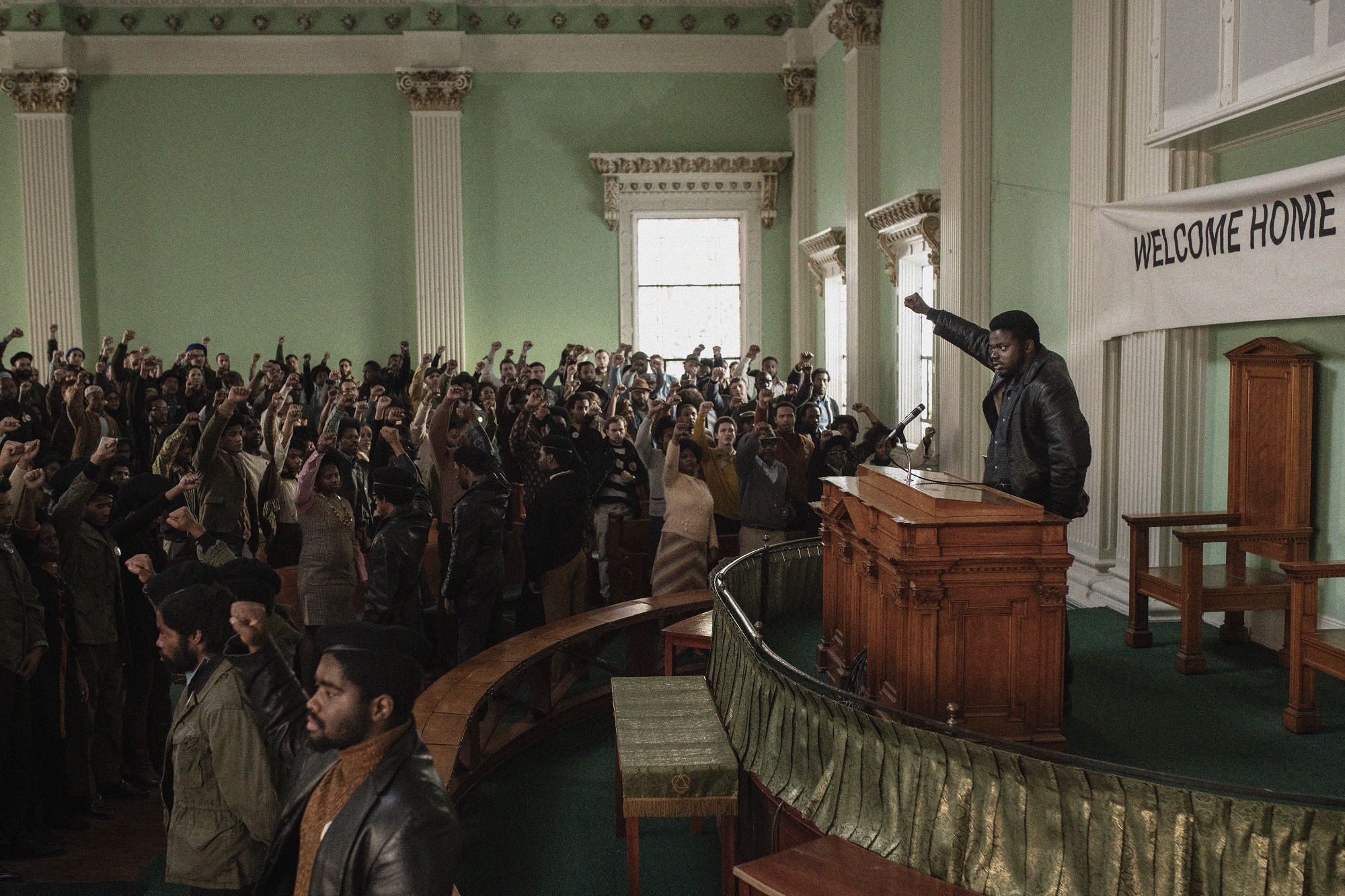
Like many biopics, Judas and the Black Messiah struggles to give Johnson equal weight to her male counterparts. Fishback, of course, is a force of nature and makes the most of it. She conveys Johnson as a supportive ally and an expecting mother worried for her family.
Stanfield shows how O’Neal is torn. He doesn’t want to hurt FBI agents. The film shows him as only betraying the Black Panthers because the FBI has him in a bind. Maybe it wasn’t that clean. Only O’Neal knows for sure and he gave an ambiguous answer to Eyes on the Prize.
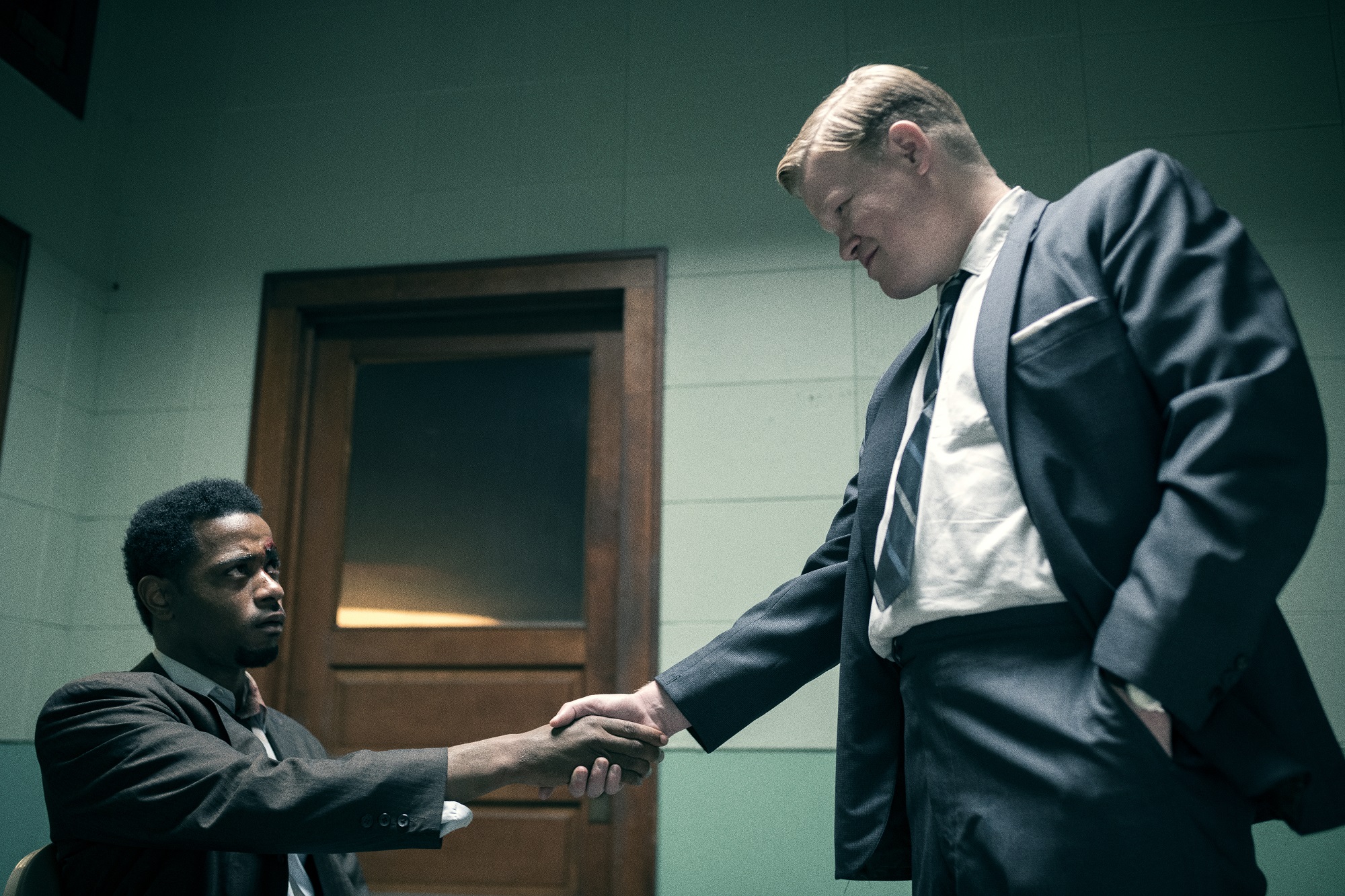
It may be enough that Judas and the Black Messiah conveys the story of the Black Panthers, Hampton and O’Neal to modern audiences. The film covers events from 1968-1969 that should not be forgotten. Judas and the Black Messiah opens in theaters and premieres on HBO Max on Feb. 12.
